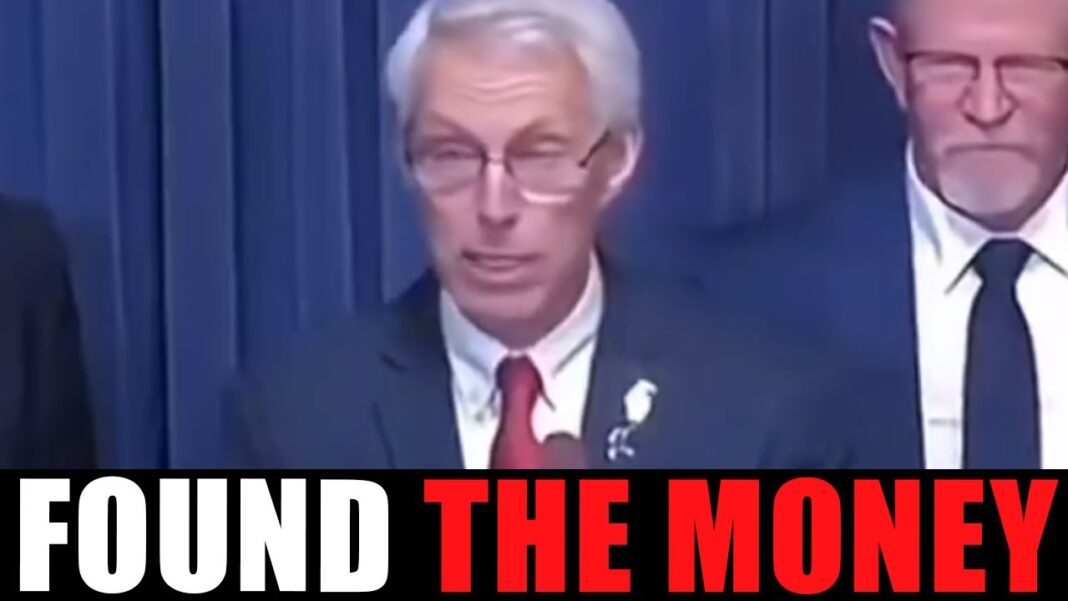Reporting what the government would rather not have reported is not just an essential function but, one could argue, duty of a free press in a representative system.
The Pentagon, the publicly-funded armed services tasked with defending the Constitution wherein said principle is outlined in bold, disagrees.
Via The Hill (emphasis added):
“Starting on Wednesday, all but one media outlet that regularly covers the Department of Defense is set to lose access to the Pentagon.
Defense Secretary Pete Hegseth demanded that reporters agree by 5 p.m. Tuesday to a new policy, under which they would need to pledge to not obtain or use any unauthorized material, even if the information is unclassified — or hand over their press badges in the next 24 hours. Media outlets say this is a violation of their First Amendment rights, and nearly every news outlet has refused to sign.
The rejections mean that for the first time since the Eisenhower administration, no major U.S. television network or publication will have a permanent presence in the Pentagon…
Every major television network, wire, publication and radio outlet has gone on the record in saying their reporters have refused to sign the policy, including ABC News, NBC News, CBS News, CNN, The Associated Press, Reuters, Bloomberg News, The New York Times, The Washington Post, The Wall Street Journal, The Guardian, The Atlantic, Financial Times, Politico, and NPR, among others. The Hill and its sister network NewsNation also have declined to sign…
Several right-leaning news organizations have balked at the policy, including Fox News, Washington Times and Newsmax, the latter of which has said it believes the requirements “are unnecessary and onerous.””
Related: Pentagon Fails SEVENTH Straight Audit, Cites ‘Progress Made’
Of course, most of the outlets listed above fall much more cleanly into the category of propaganda machine than news outfit, and this defiance amounts to nothing more than a self-serving effort to protect their own institutional power, access, and relevance rather than a reflection of any sincerely held principles.
Still, they’re right on the merits, so let’s not look a gift-horse in the mouth.
Although the press policy contains numerous clauses restricting the ability of the press to do its job, the most strenuous objection pertains to a de facto ban on the solicitation of information — not just classified information but “sensitive” unclassified information — in the public interest by reporters on the Pentagon beat, which would, according to the Department of Defense, render the journalist a “security or safety risk.”
Continuing:
“Under the new rules, journalists are technically not barred from investigating, reporting or publishing stories on the U.S. military using information deemed sensitive or unclassified, but they could be deemed a vague “security or safety risk” should they even ask Defense Department personnel for such information, according to the rules.
The policy stipulates that when journalists receive and publish unsolicited classified or sensitive information from government sources, they are “generally” protected in doing so by the First Amendment.
But “if you solicit the disclosure of such information or otherwise encourage [Defense Department] personnel to violate laws and policies concerning the disclosure of such information, such conduct may weigh in the consideration of whether you pose a security or safety risk.”
The Pentagon describes solicitation as including calls for tips encouraging military personnel to share nonpublic information, as many reporters do via their publications or personal social media platforms.”
Reporting on leaked classified information, not to mention the unclassified kind, in the public interest is not a crime; again, it’s a core function and responsibility of a free press.
Preventing those leaks is entirely the job of the government; it shouldn’t be permitted to coerce what should be an independent media into doing that job for it by promising not to make inconvenient inquiries into what goes on behind closed doors.
Related: AG Pam Bondi: Still-Unreleased Epstein Files to Be Redacted for ‘National Security’







